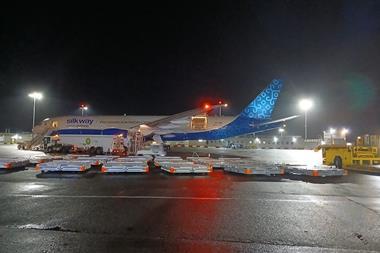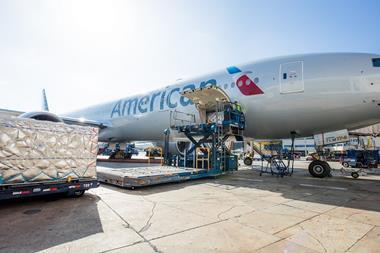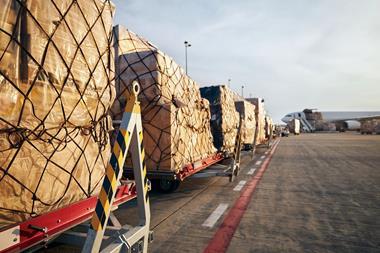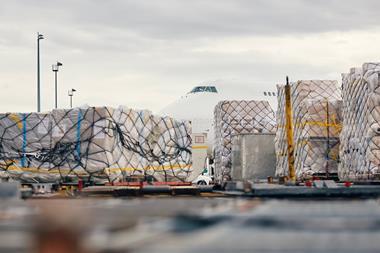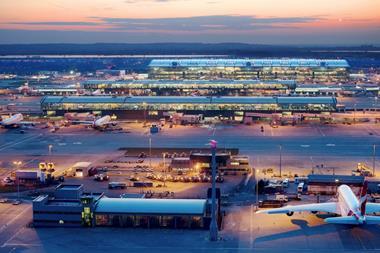The International Air Transport Association (IATA) has drawn up a list of four principles to find “durable solutions to aviation’s security challenges”. They cover areas such as overflying conflict zones, landside security at airports, insider threats, cyber security and harmonisation of information requirements and airport checkpoints.
Director general and chief executive, Alexandre de Juniac, said in a speech to the AVSEC World conference in Kuala Lumpur, Malaysia: “Partnerships are essential to address our major security challenges with the speed needed to stay a step ahead of those who would do our industry harm.
"These efforts must keep four common principles in focus: risk-based measures, the implementation of global standards, capacity building to support the mutual recognition of standards, and information sharing among governments and with industry."
Risk-based measures would ensure that limited resources are applied to the greatest threats while information sharing between governments and industry would allow effective risk-assessments. Global standards in security systems would support effective collaboration between all parties in all locations. Capacity building would support the mutual recognition of standards to improve effectiveness and efficiency.
De Juniac also emphasised: "Speed is of the essence. Threats emerge quickly and they evolve fast. The four principles will help us to address the threats and challenges we face, but only if we move quickly enough."
ICAO already has a conflict zone information repository but it is not the complete solution, said the IATA chief. “We need to evolve to a system that can function on a continuing basis with a free and fast flow of useful information. Information sharing is not just about conflict zones. If a government has any information about a risk to an airline’s operation, sharing it with the airline could save lives. There is a responsibility to get that information to the airline quickly and by effective means."
He added that recent attacks in Brussels and Istanbul have brought the vulnerability of airports to the fore. Local authorities must use intelligence to keep terrorists far away from airports and keep public areas free from threats.
De Juniac continued: "With eight million people employed in air transport, the threat from insiders is a real challenge. The perfect vetting system has yet to be invented. So intelligence analysis—from governments—is our most potent tool to identify threats especially from radicalisation."
Nimble layers of protection—security culture—and advanced detection capabilities are needed. Cooperation with governments and across the industry is essential, he said.






